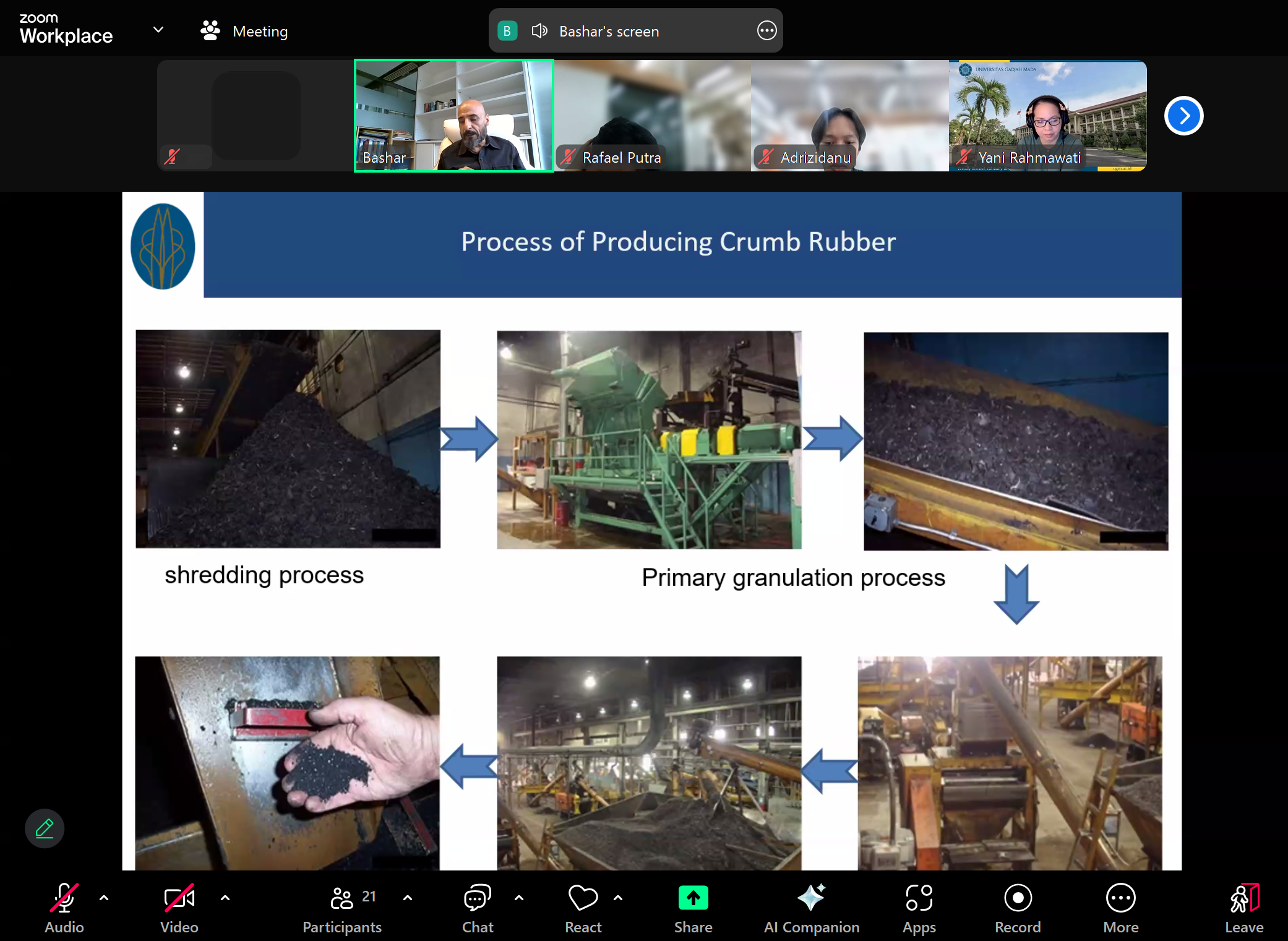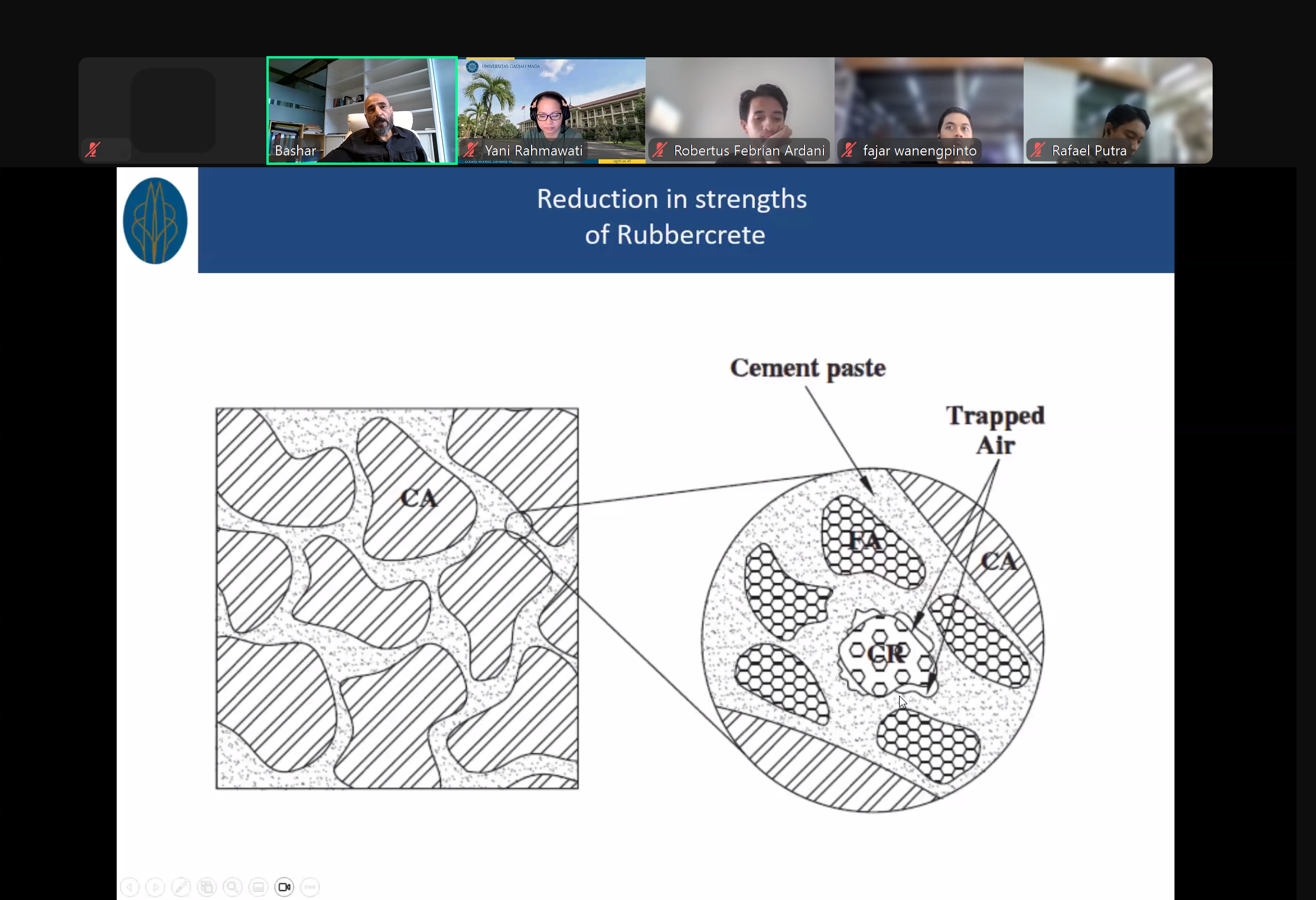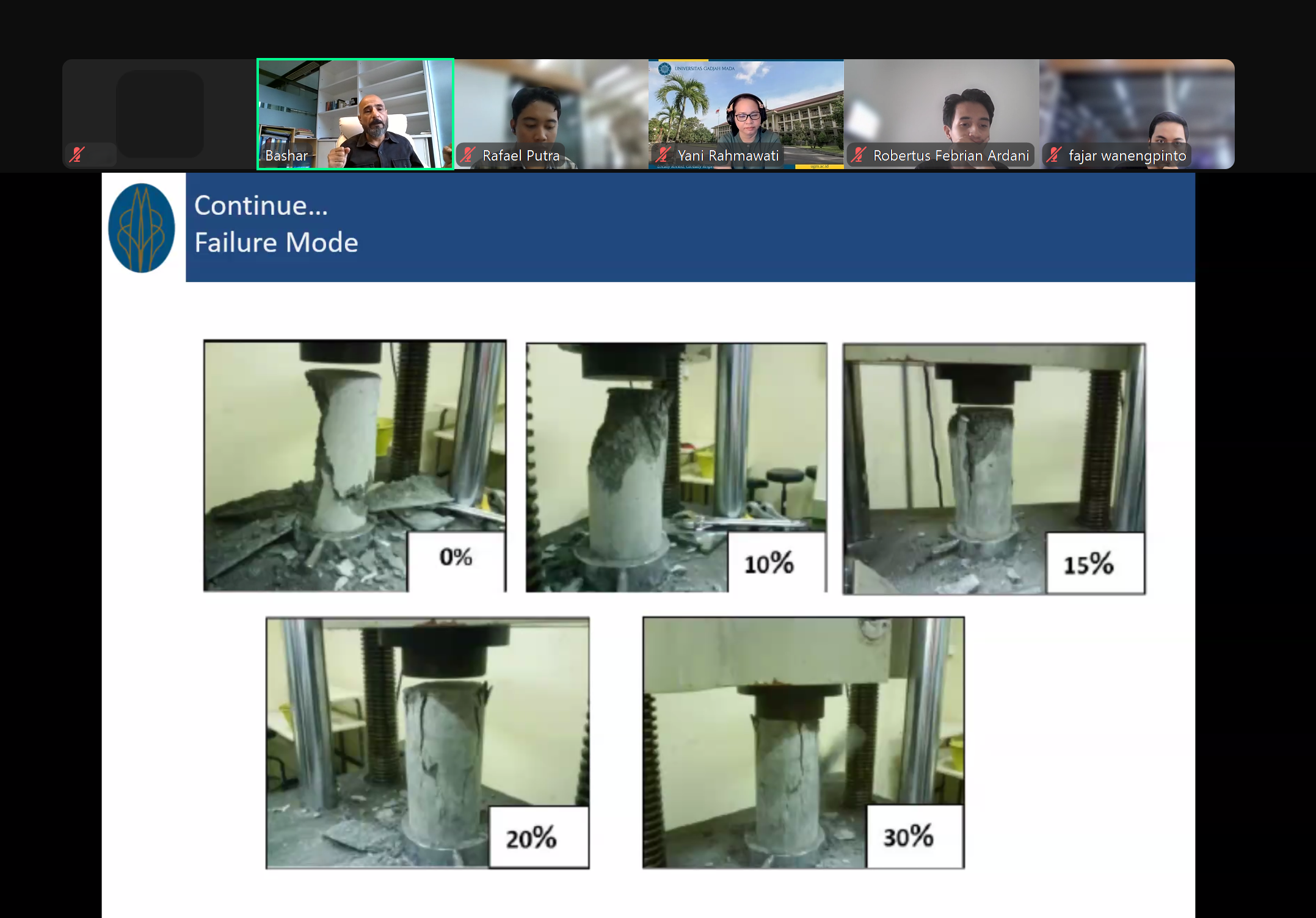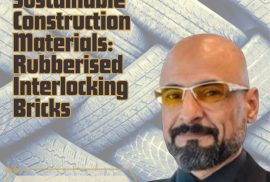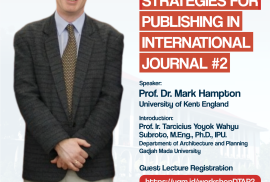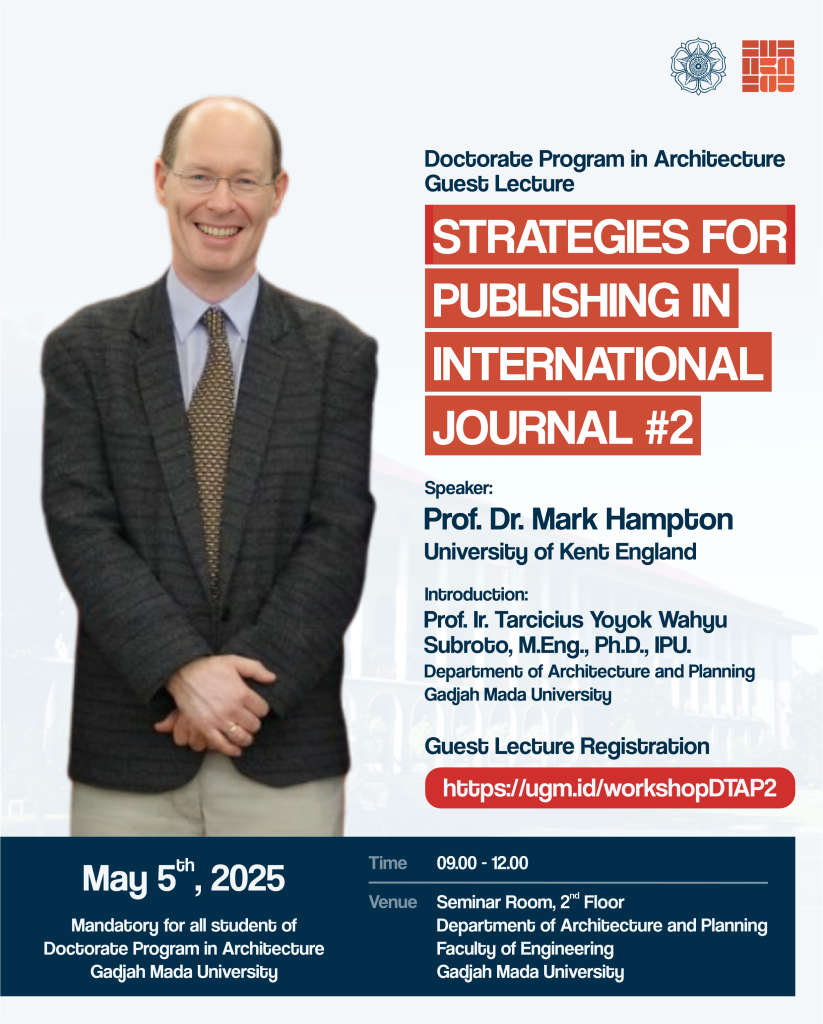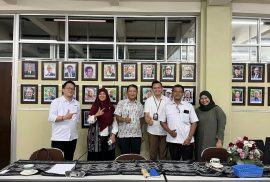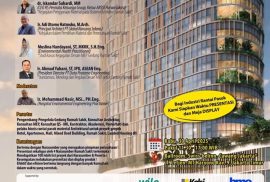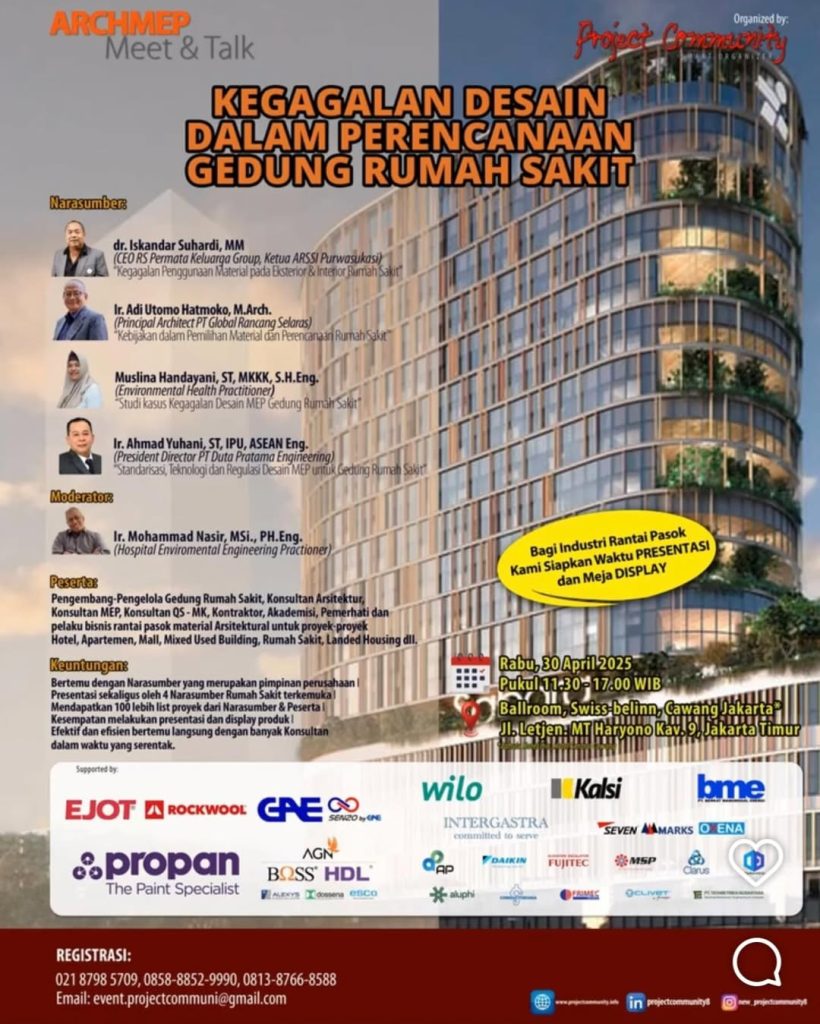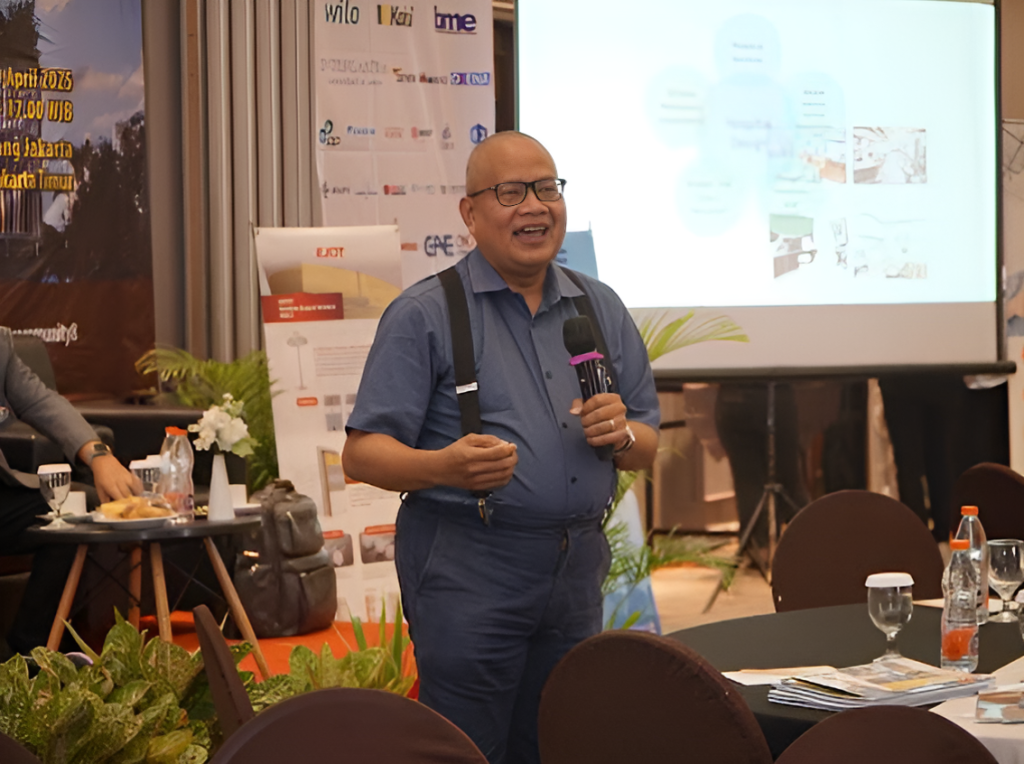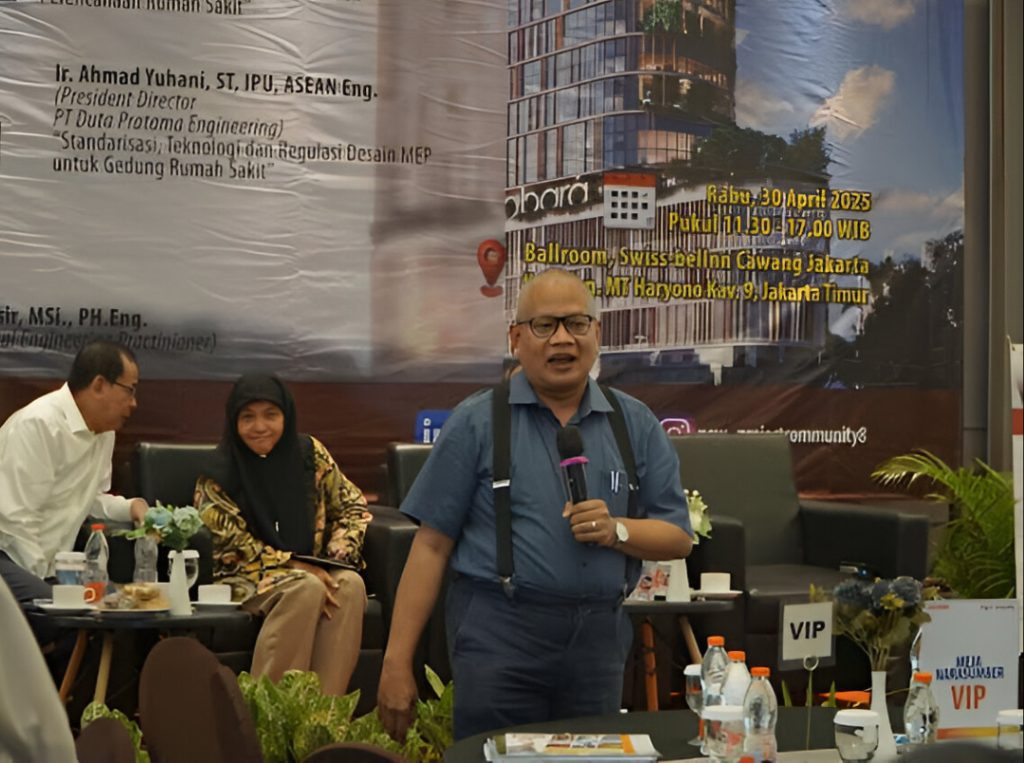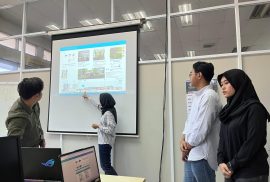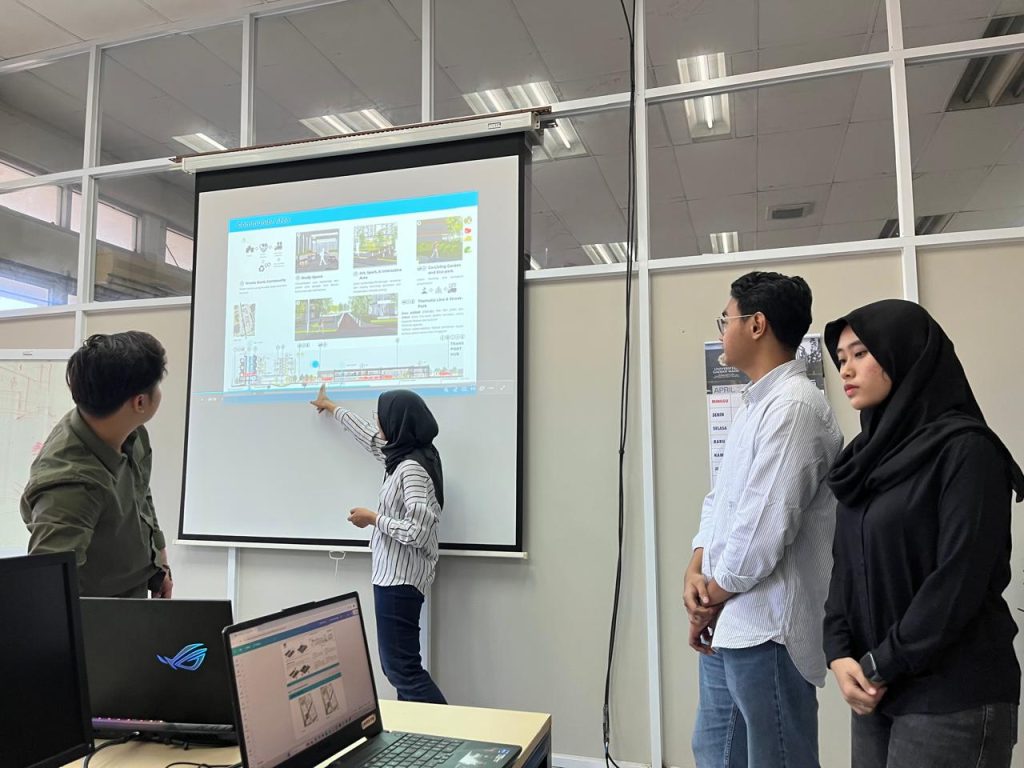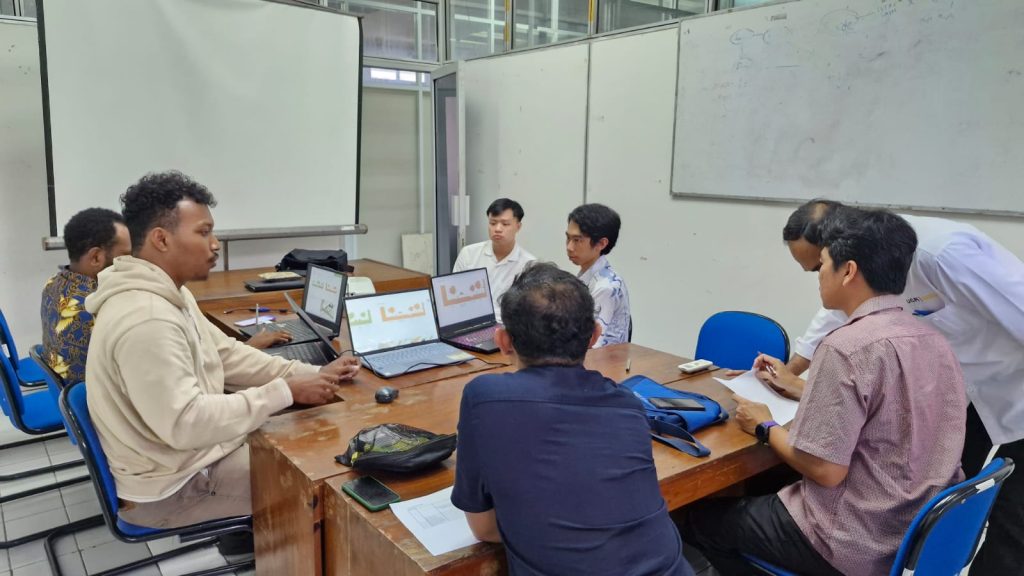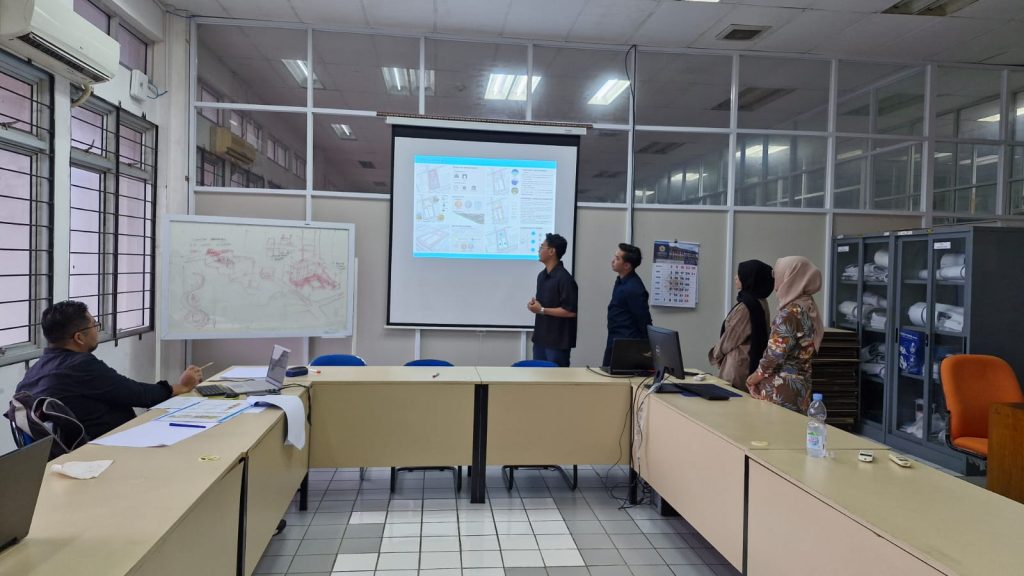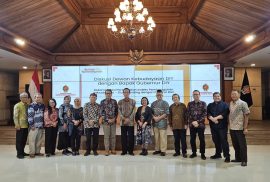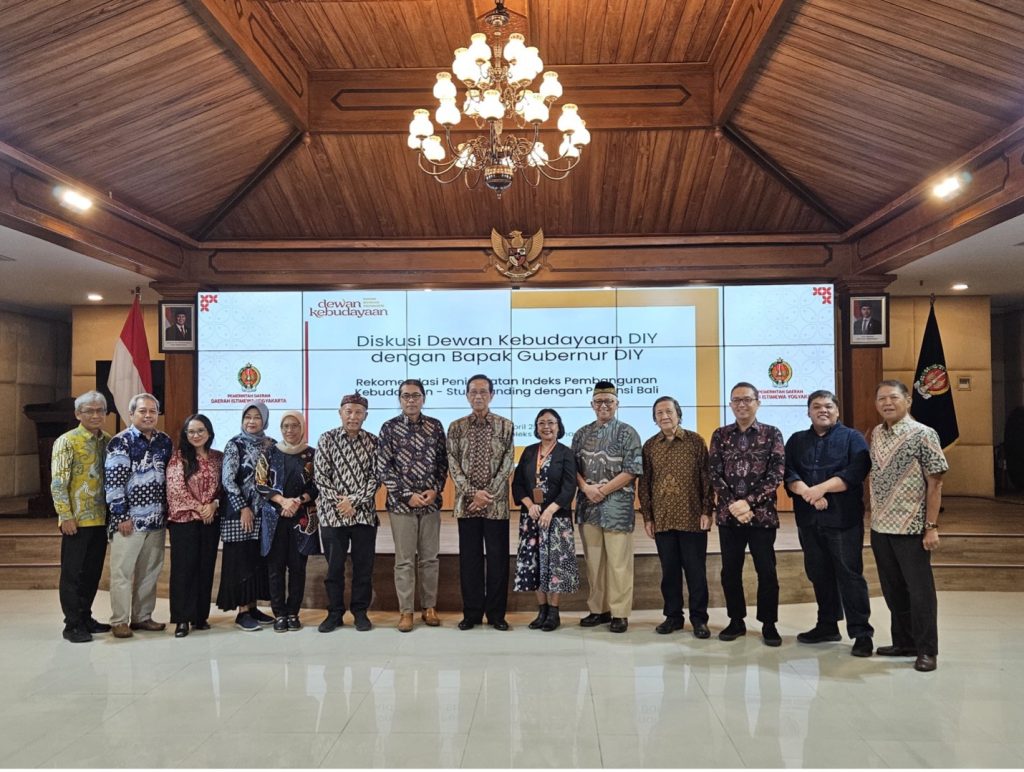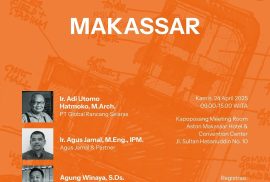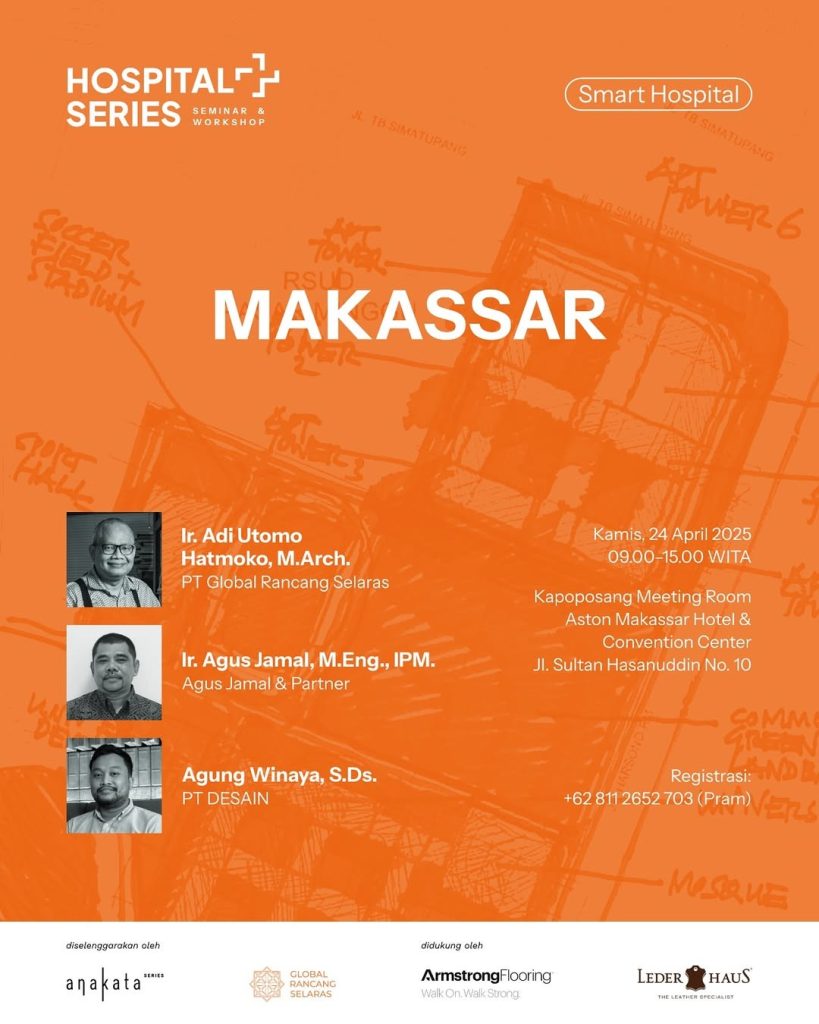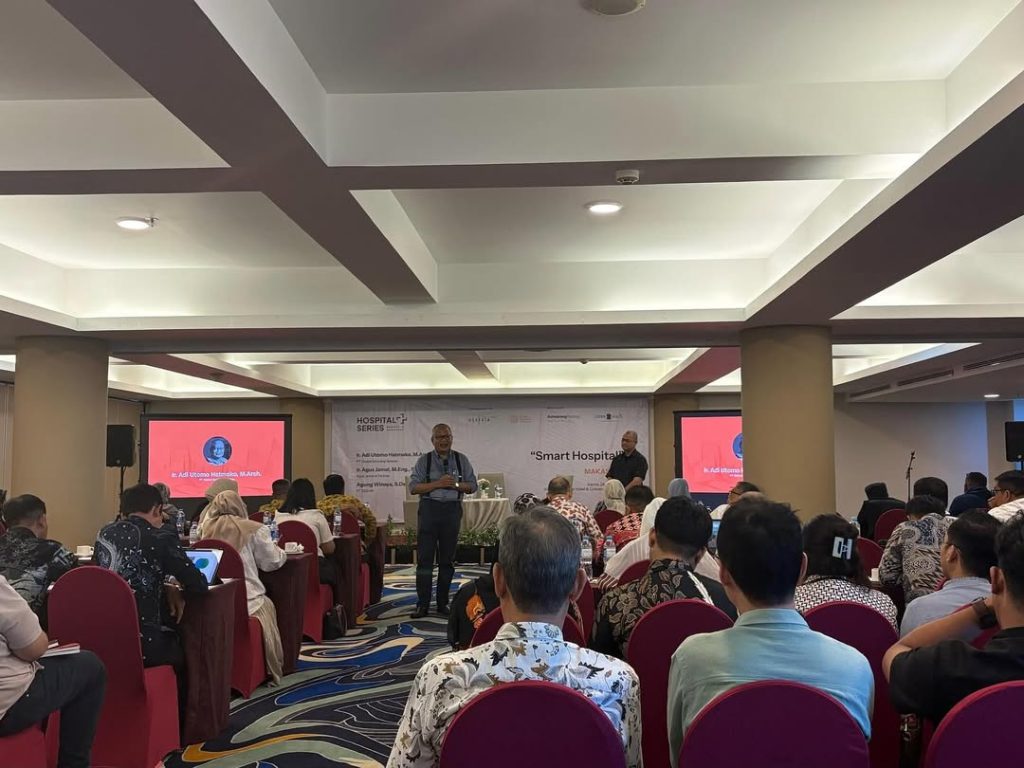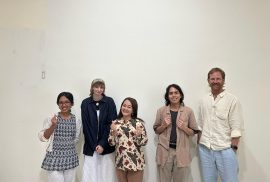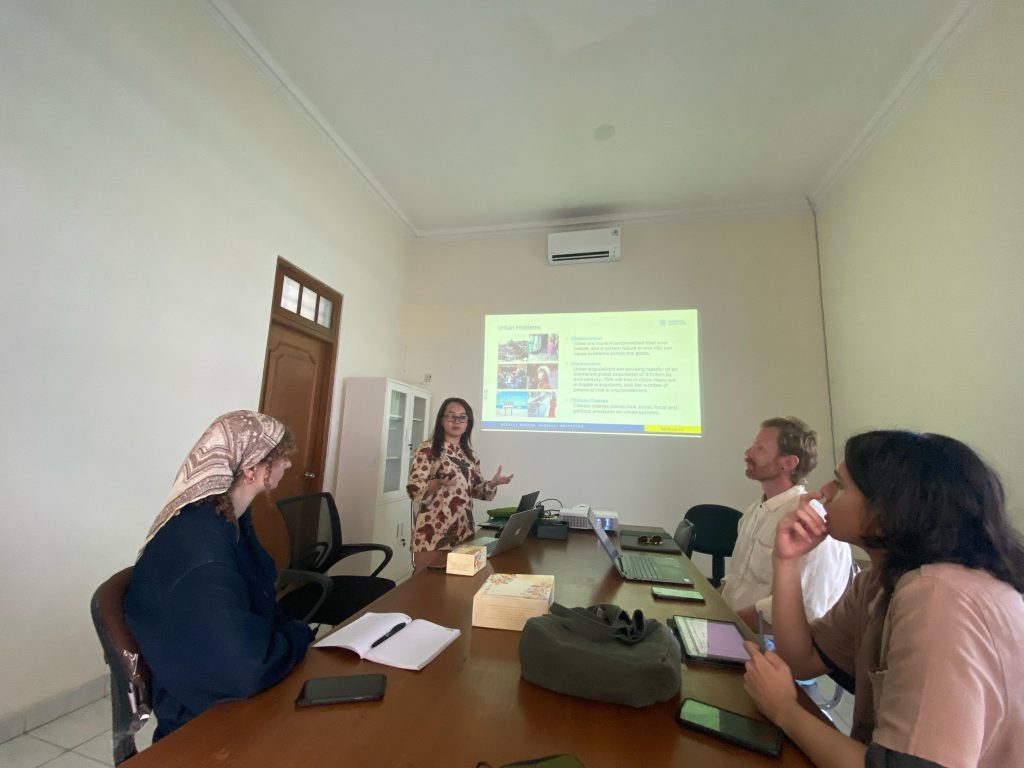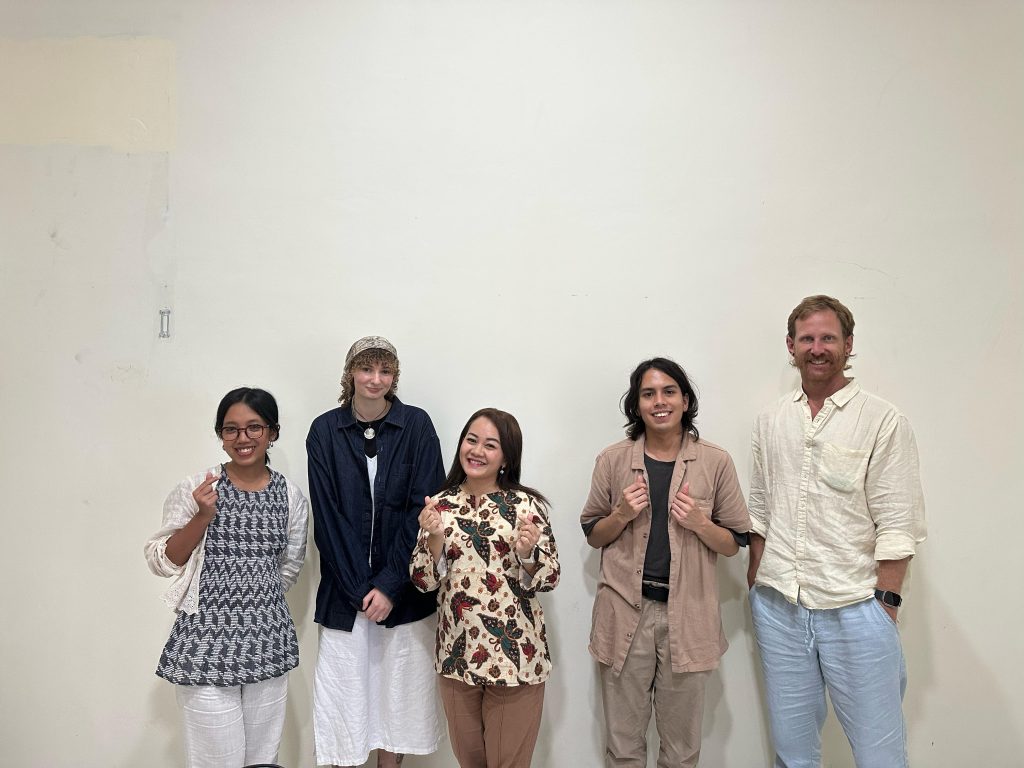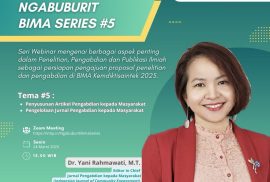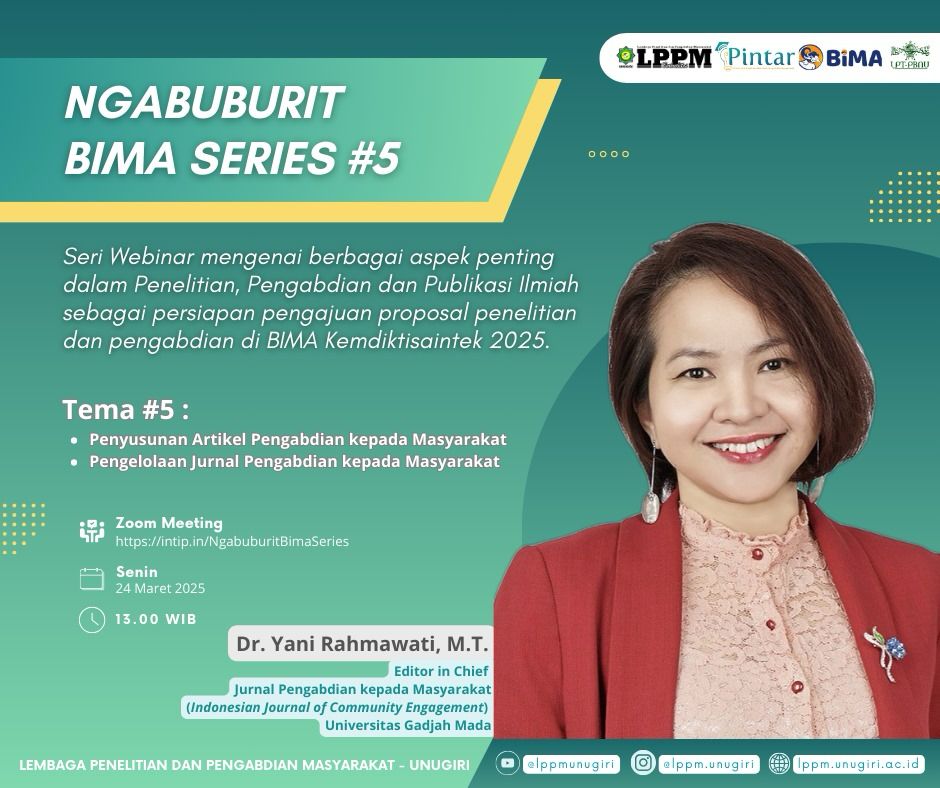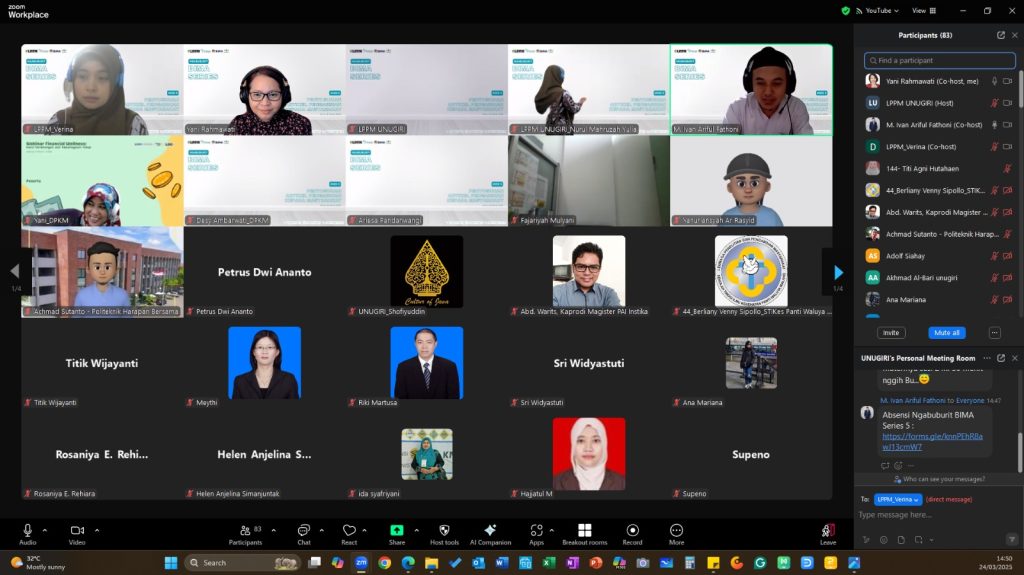Tuesday, 6 May 2025 – The Architecture Study Program at Universitas Gadjah Mada (UGM) held another collaborative class as part of the Sustainable Materials and Construction elective course. The session, titled “Expert Talk – Sustainable Construction Materials: Rubberised Interlocking Bricks,” was conducted online from 10:00 to 12:00 WIB and featured Assoc. Prof. Ir. Bashar S. Mohammed from the Department of Civil and Environmental Engineering, Universiti Teknologi PETRONAS, Malaysia as the keynote speaker.
Initiated by the course lecturer, Dr. Yani Rahmawati, S.T., M.T., this event aimed to broaden students’ understanding of environmentally responsible and sustainable building materials. The initiative also reflects a tangible academic contribution to achieving the Sustainable Development Goals (SDGs), particularly SDG 12: Responsible Consumption and Production and SDG 13: Climate Action.
In his lecture, Prof. Bashar explored in depth the concept of rubberised interlocking bricks, an innovative construction material that combines recycled rubber—primarily from used tires—with concrete aggregates to create a durable, eco-friendly building block. The session covered essential topics including the manufacturing process, material testing results, and performance comparisons between conventional concrete and rubbercrete (rubber-based concrete).
The use of waste tires in construction stems from the environmental challenges posed by their disposal. Tires are non-biodegradable, often accumulate in landfills, can serve as breeding grounds for pests such as mosquitoes and rodents due to their hollow structure, and may release harmful toxins. Innovative solutions like rubberised bricks not only reduce solid waste but also support energy-efficient construction practices through their interlocking feature, which eliminates the need for mortar and simplifies the assembly process.
According to the World Economic Forum (2023), over 1 billion used tires are generated globally each year, with most ending up in landfills or being incinerated—both of which contribute to air pollution and carbon emissions. Utilizing recycled rubber in construction offers a practical, scalable solution to this issue.
This approach is in line with the goals of SDG 12, which emphasizes the importance of responsible consumption, waste reduction, and extending the lifecycle of materials. Through this class, students were encouraged to think critically and creatively about the potential of alternative materials around them that could be repurposed into sustainable design solutions.
Furthermore, the innovative use of recycled materials provides insight into how climate issues can be addressed through thoughtful architectural design—directly supporting SDG 13: Climate Action. By integrating recycled content into construction materials, carbon emissions from production processes can be significantly reduced, advancing more climate-resilient practices in the built environment.
UGM’s Architecture Study Program remains committed to advancing sustainable architectural education and playing an active role in supporting the global agenda for a greener future. This class did not only teach students the technical aspects of sustainable materials but also instilled a deeper understanding of how architectural design can become a meaningful tool for ecosystem resilience and environmental stewardship.
Reported by Rindi Dwi Cahyati
